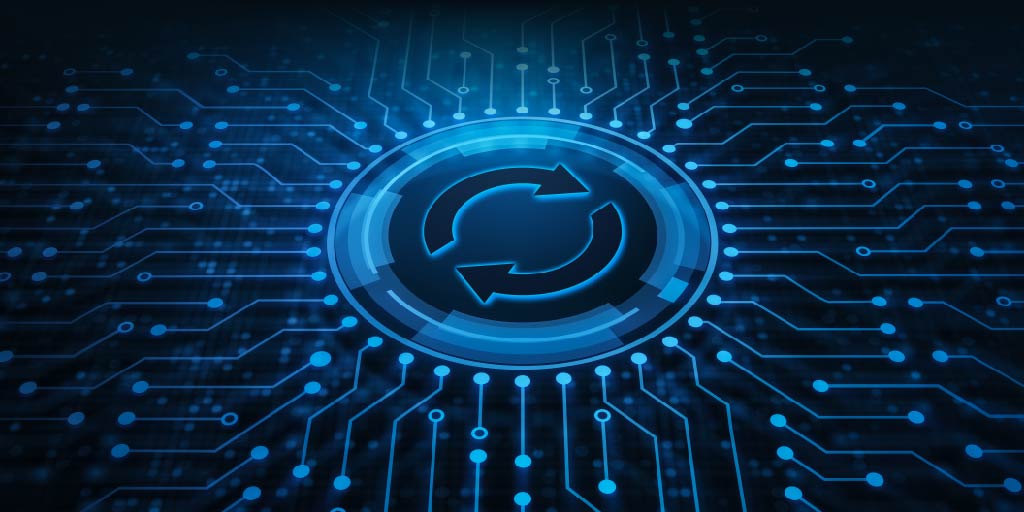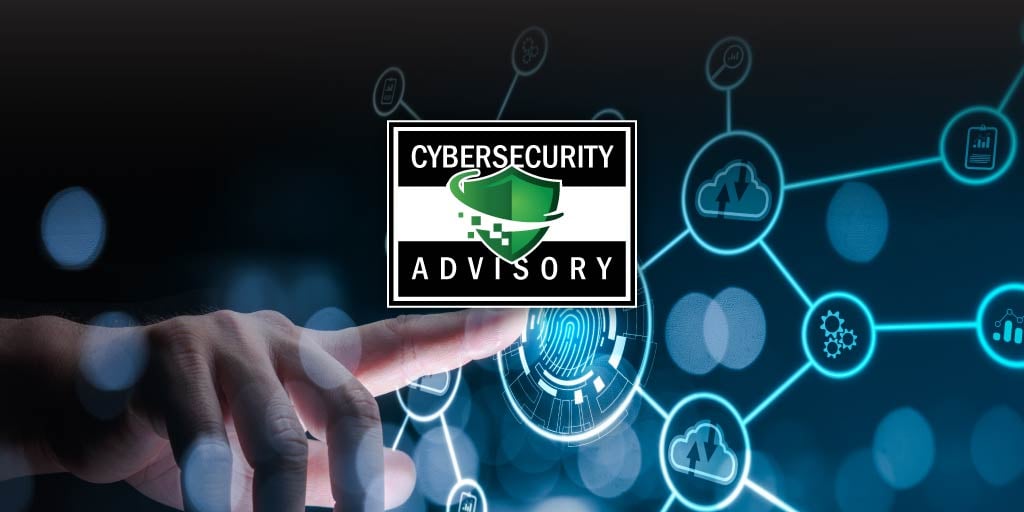Importance of Patch Management and Endpoint Hardening in Cybersecurity
In the ever-evolving landscape of cybersecurity, two critical practices can significantly augment your security posture: patch management and...
24/7/365 Monitoring & Alerting
Compromise Assessments
Threat Hunting
Vulnerability Management
CMMC Preparation & Assessment
Cybersecurity Assurance Readiness (CSAR®/RMF Pro)
ATO/RMF Support
If you are concerned about a potential threat or are experiencing a breach, contact our 24/7/365 emergency hotline at 888-860-0452.
 Subscribe to NetSec News
Subscribe to NetSec NewsSign up to receive our biweekly newsletter that covers what's happening in cybersecurity including news, trends, and thought leadership.
At our core, Ingalls is a company that strives to be helpful to our clients while continuously innovating and evolving our technology and solutions. Since 2010, we have been dedicated to building a team and product that can stay steps ahead of threats, attacks, and vulnerabilities in an ever-changing landscape.
3 min read
 Brandi Pickett
:
Jul 10, 2023 12:00:00 AM
Brandi Pickett
:
Jul 10, 2023 12:00:00 AM
In today's rapidly evolving digital landscape, cybersecurity is more critical than ever before. Organizations face a constant barrage of sophisticated cyber threats that can undermine their operations, compromise sensitive data, and tarnish their reputation. To combat these challenges, many companies are turning to innovative solutions, and one such solution gaining momentum is the Virtual Chief Information Security Officer (vCISO). In this blog post, we will explore the benefits of employing a vCISO and how they can help organizations fortify their cybersecurity defenses.
A vCISO, or virtual Chief Information Security Officer, is a cybersecurity professional who provides strategic guidance and leadership in the realm of information security on a virtual or part-time basis. Unlike a traditional full-time Chief Information Security Officer (CISO) who holds a permanent executive position within an organization, a vCISO offers their services remotely, typically through a consulting or advisory arrangement.
The vCISO model enables organizations to tap into top-tier security talent without the high costs associated with a full-time executive position, providing a scalable and adaptable approach to cybersecurity leadership. With a vCISO's guidance, organizations can proactively address emerging threats, navigate regulatory requirements, and establish robust security strategies, thereby safeguarding their operations, reputation, and customer trust.
The primary difference between a vCISO and a traditional, in-house CISO lies in their mode of operation and commitment. While a traditional CISO is a full-time executive-level employee, a vCISO provides services on-demand, either remotely or in person. This model offers many benefits, particularly to SMBs or organizations that might not have the budget for a full-time CISO.
Hiring a full-time Chief Information Security Officer (CISO) can be a significant financial burden for many organizations, especially smaller ones. However, with a vCISO, companies can leverage the expertise and guidance of a seasoned cybersecurity professional without the high costs associated with a permanent executive position. By engaging a vCISO, organizations gain access to top-tier security talent at a fraction of the cost, ensuring a cost-effective approach to protecting their digital assets.
One of the key advantages of a vCISO is the flexibility it offers. Organizations can customize the level of support and engagement based on their specific needs and budget. Whether it's a part-time arrangement or periodic consultations, the vCISO model allows companies to scale their cybersecurity efforts as their business evolves. This adaptability ensures that organizations can align their security strategy with their changing operational requirements, giving them a competitive advantage.
Cybersecurity is a complex field that demands up-to-date knowledge of the latest threats, trends, and regulatory requirements. A vCISO brings a wealth of experience and specialized knowledge to the table. These professionals are well-versed in the intricacies of cybersecurity, possess an extensive network of industry connections, and stay abreast of emerging threats and best practices. With their expertise, a vCISO can help organizations develop and implement robust cybersecurity strategies tailored to their unique risks and compliance needs.
Sometimes, internal cybersecurity teams can become overly focused on day-to-day operations, leading to a lack of perspective or blind spots. By engaging a vCISO, organizations gain an impartial and objective viewpoint on their security posture. A vCISO can conduct comprehensive assessments, identify vulnerabilities, and recommend improvements without being influenced by internal politics or biases. This fresh perspective is invaluable in identifying and mitigating potential risks that may have gone unnoticed otherwise.
Maintaining regulatory compliance is a significant challenge for organizations operating in various industries. A vCISO can provide invaluable guidance and support in navigating the complex landscape of cybersecurity regulations and frameworks. They can assist in developing comprehensive security policies and procedures, conducting compliance audits, and ensuring adherence to industry standards. By actively managing governance and compliance, a vCISO helps organizations avoid costly penalties and reputational damage.
In the unfortunate event of a cybersecurity breach, organizations must respond swiftly and effectively to minimize the impact. A vCISO can play a crucial role in incident response planning, helping organizations establish robust protocols, develop incident response playbooks, and conduct simulations to test preparedness. In times of crisis, a vCISO can provide expert guidance, coordinate with internal teams and external stakeholders, and guide the organization towards a swift recovery.
Third-Party Attestation or Certification Readiness Assessments
Management, oversight, and implementation of compliance and regulatory requirements, including working with auditors
Assistance with policy creation, review, compliance, and reporting
IT Risk Assessments
Information security risk management guidance
Control implementation, maintenance, and, monitoring
Plan of Action and Milestone (POA&M) creation and tracking
A dedicated, qualified, and experienced cybersecurity executive filling the role of vCISO
Regular reporting to IT management with status reports
Presentations upon request to Board of Directors, Audit Committee, and other organizational units
The vCISO model offers numerous benefits for organizations seeking to bolster their cybersecurity defenses. From cost-effectiveness and flexibility to specialized knowledge and objective perspectives, a vCISO can help organizations navigate the complexities of the ever-evolving cybersecurity landscape. By harnessing the expertise of a vCISO, organizations can effectively address their unique cybersecurity challenges, mitigate risks, and ensure the protection of their digital assets. While a vCISO may not be suitable for every organization, they provide an effective alternative for those who cannot justify or afford a full-time CISO.
Ingalls vCISO model offers flexibility, scalability, and tailored solutions to meet the unique needs of organizations across various industries. Contact our Professional Services Team for a free consultation on your security strategy needs.

In the ever-evolving landscape of cybersecurity, two critical practices can significantly augment your security posture: patch management and...

In today's digital age every organization, regardless of industry, faces a growing threat from cyber attacks. Fully understanding attack surfaces is...

On March 22, 2022, the Lapsus$ threat group (aka DEV-0537), who recently gained notoriety for compromises including Microsoft, Samsung, Nvidia, and...